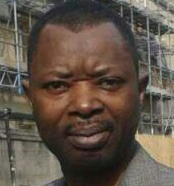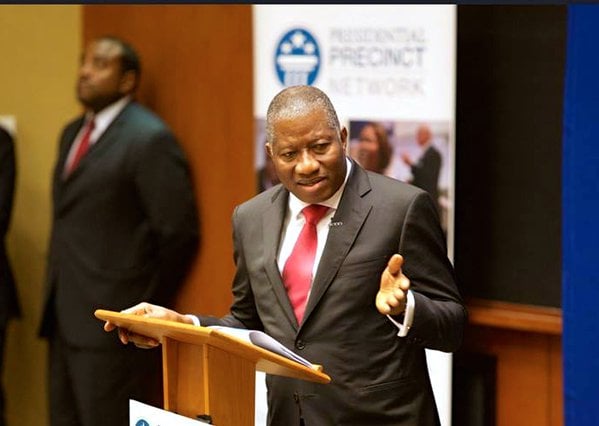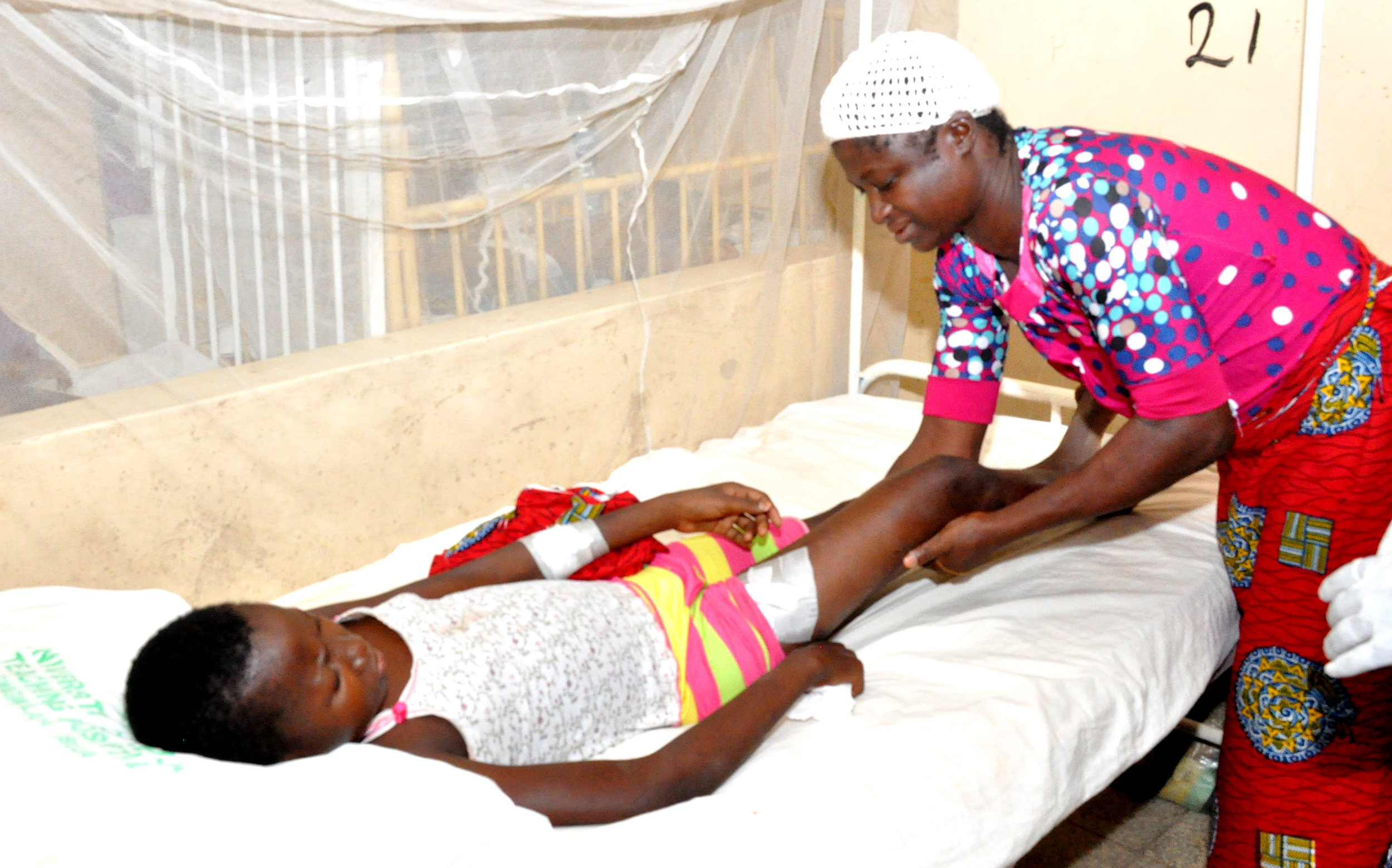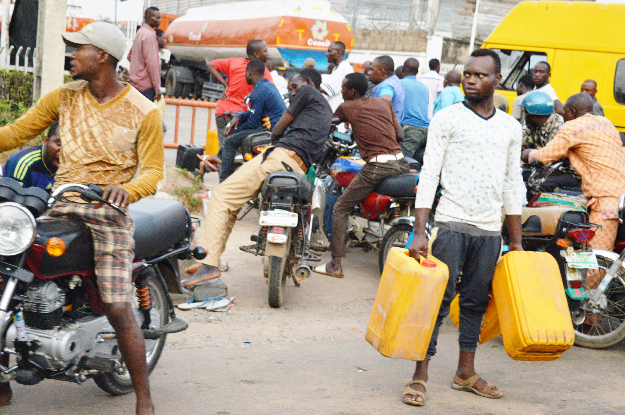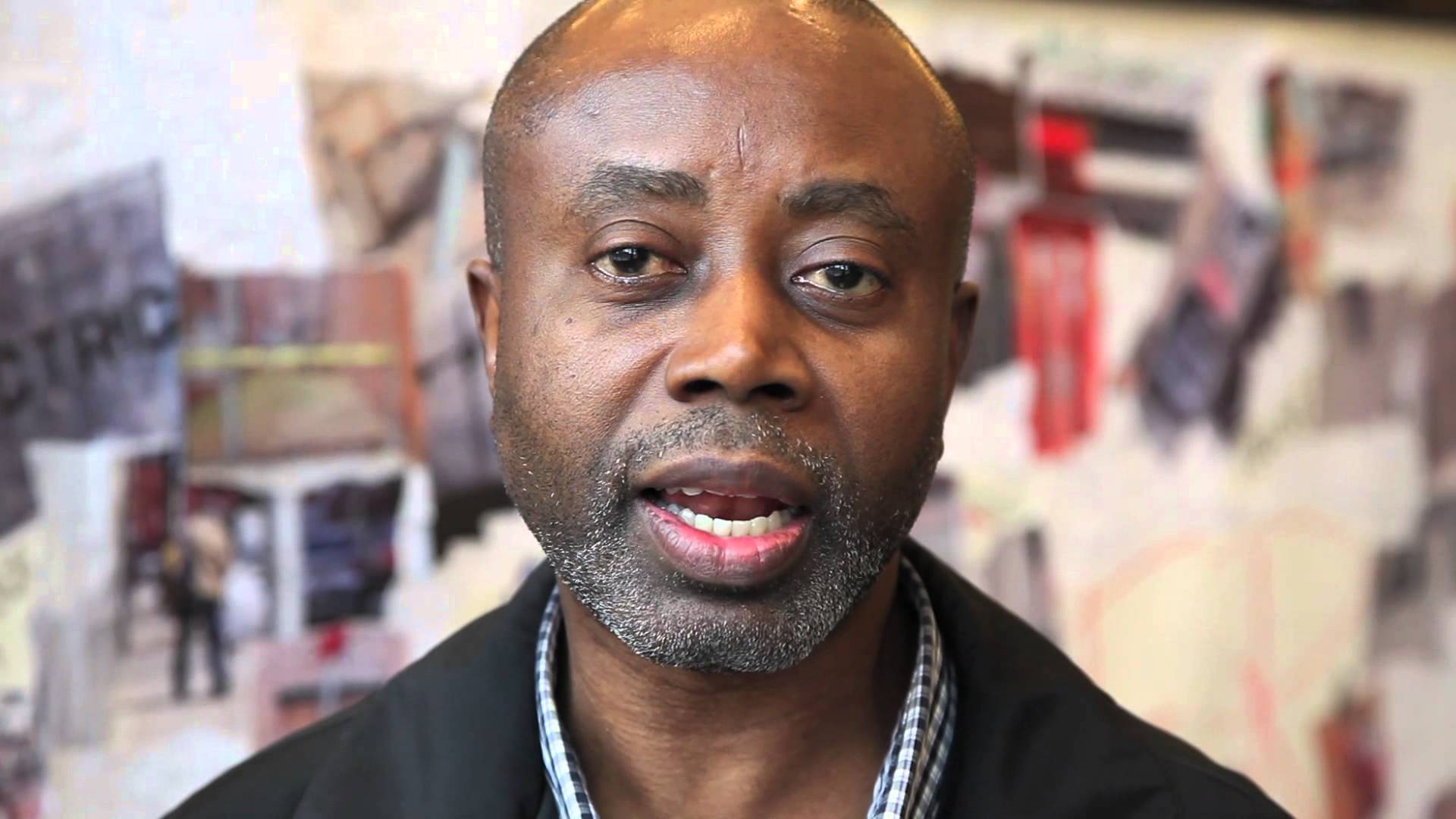I was going to post my birthday wishes to Rufa’i Ibrahim on his Facebook page earlier in the day on 2nd April, then procrastinated for no particular or apparent reason. I soon settled down to a specially prepared health porridge portion, which recipe I was anxious to share with him in view of his health challenges.
Dr Kabiru Chafe, the Ahmadu Bello University (ABU) historian, then phoned from Kaduna, and we got absorbed in our usually deep exploration of Nigeria’s current dilemmas, something that I also usually engage in with Rufa’i on almost nightly basis until penultimate Thursday, 24th March.
Then his niece Faridah Mohammed interjected with a call, whose tidings I was not prepared for. In her typically diplomatic manner, she calmly announced that Uncle Rufa’i died a moment ago — exactly on his 66th birthday. I was instantly devastated and speechless, and still cannot recall how we ended the call.
I had known the previous night that he would go into hospital for therapy the next day, and although I had noticed he had become a bit withdrawn in the days since we last spoke on 24th March, nothing had indicated that this shining light was about to flicker out for good.
Advertisement
Tearfully, I also announced to our mutual friend Dr Chafe the tragic news, and we briefly prayed for Rufa’i Ibrahim’s departed soul. Dr Chafe soon left me to privately grieve the sudden and sad passing of a brother who in decades past would come to be a mentor, friend and among my closest confidants. In between bursts of tears, I managed to alert relatives and friends.
He had been diagnosed with a very rare form of skin cancer (Cutaneous T-Cell Lymphoma/ Leukemia Mycoma Fungerids/ Sezary) in October 2014; and after careful research I arranged for him to receive treatment in one of only half-a-dozen dedicated global specialist centres at the University of Frankfurt Teaching Hospital in Germany. The ailment appeared to have been contained, but he then relapsed and made a second visit in December 2015.
We all felt he was on the mend, only to relapse again soon after, and died of resulting complications at the Gwagwalada Hospital on Saturday, 2nd April, following brief therapeutic interventions, where he had taken himself. Up until that moment, he had carried on bravely; he was never really bed-ridden. If you phoned him and he didn’t say it, one couldn’t tell he was in any discomfort.
Advertisement
His early education was at Kobi Primary School, Bauchi (1957–60), and Dunama Primary School, Lafia (1961–63). He then attended Government Secondary School, Abuja (now Suleja), where he obtained Grade One in his WASC/ GCE exams in 1968, and proceeded to Boy’s High School in Gindiri, Plateau State, for his Higher School Certificate (1969–1970).
At Abuja, Rufa’i won the School’s annual table tennis championship four times (from Form 2-5) and the Final Year History Prize (1968), in addition to being the Table Tennis Captain from 1966-68 and the Food Prefect in 1968. Two years on, he would win the same table tennis and history prizes at Gindiri Boy’s High School as well. All these were beside his other leading roles in student politics, sports, and clubs & societies, along with his hobbies of travelling and swimming, which he carried on to university.
An alumnus of the University of Ibadan (1971–74), where he graduated among the top in his set, and latterly Jos (1987–90), Rufa’i was a bright political scientist and lawyer, but better known as a leading radical journalist on the Nigerian Left — easily among the best of his generation. He went into journalism, first briefly at the NTA Jos and then the New Nigerian, after his one-year NYSC in Oron in the then South–East State in July 1975.
Politically, he belonged to the leftist community that was centred and active around the now deceased historian Dr Bala Usman of ABU, Zaria, where Rufa’i was a Graduate Assistant from October 1975 to May 1976.
Advertisement
Many came to refer to Rufa’i simply as Malam, following his passionate involvement as an ideologue and activist in the Peoples Redemption Party (PRP)-era politics of the now late Malam Aminu Kano and its splinter grouping around Governors Abubakar Rimi (now also deceased) and Balarabe Musa of Kano and Kaduna States respectively during the Second Republic (1979-83).
In 1984, he was jailed for nine months without trial, or even the courtesy of a single interrogation, by the Buhari military junta for merely daring to pen a satirical column about the regime. For his sin, the Nigerian Gestapo once hurled him down into a pitch-dark dungeon where he instantly fainted, but mercifully recovered hours later.
In the period before and after General Ibrahim Babangida’s political transition that ended in fiasco in 1992, Rufa’i joined the Social Democratic Party (SDP) and sought vainly to be its national spokesman. Ethno-religious politics trumped competence and principles.
Having returned to the Daily Times from 1990-92 as Editorial Consultant, and qualified as a barrister during that time, he turned his energies to private legal practice and media consultancy to governments and non-state entities, notably, the Nasarawa State Government, the National Population Commission, and the Human Rights Violations Investigation Commission (Oputa Commission) until June 2007.
Advertisement
After President Olusegun Obasanjo was succeeded by Umaru ‘Yar Adua in 2007, the latter earmarked Rufa’i to initiate and chair a proposed innovation in policy-making in the form of a policy and strategic think-tank for the President. Alas, this was not to be, thanks to the machinations of a youthful insider who very probably saw all this as threatening his planned power grab and ambitions.
In 2010-11, Rufa’i led a small band of Nasarawa State citizens in a “Think-Tank”, including yours truly, to provide ideas, coherence and inspiration to what many initially saw as a joke gubernatorial pursuit by Umaru Tanko Al-Makura.
Advertisement
Working largely quietly behind the scenes every weekday, and armed only with bubbling ideas and passion for change, they helped achieve what many felt was well-nigh impossible then — the defeat of an incumbent State Governor by someone on a 10-months old party platform barely known in the State — Buhari’s Congress for Progressive Change (CPC).
In the event, this was the only governorship contest the CPC won in the 2011 General Elections. It was testament to the thesis by the famed American anthropologist, Margaret Mead (1901-1978), about the dynamic of change when she famously wrote: “Never doubt that a small group of thoughtful, committed citizens can change the world; indeed, it’s the only thing that ever has.”
Advertisement
This was Rufa’i Ibrahim’s credo, too. Wherever he went before or thereafter, whether at the New Nigerian (Kaduna), Daily Times (Lagos), The Triumph (Kano), The Guardian on Sunday (Lagos), the Nigerian Standard (Jos), The Analyst magazine (Jos), the Nasarawa Publishing Company Limited, or the Nasarawa Broadcasting Service, he left behind him indelible footprints of professionalism, integrity, personal honour, service and passionate commitment to the best Nigerian ideals.
His boldest journalistic exploits were when he was at the Daily Times, first as Political Correspondent, then Political Analyst, and finally Chief Leader Writer & Editorial Board Chairman; and as successive founder Editor of Sunday Triumph, The Triumph, The Guardian on Sunday, and The Analyst, where he immersed himself in utterly fearless investigative journalism and commentary.
Advertisement
Rufa’i Ibrahim was born into power and privilege in both the traditional and modern spheres, yet no one who ever had any dealings with him could fail to be disarmed by his humility, simplicity, integrity, patriotism, and unwavering empathy for, and commitment to, the poor and voiceless. His weekly column on Peoples Daily, the national newspaper he co-founded in 2008 and of which he was until his demise its Director and Editor-in-Chief, was aptly titled “For the Masses”.
Originally a Kanuri from Lafia but born in Bauchi, where he spent his formative years before going several places with his high-flyer civil servant father, Rufa’i was a formidably good man, who I’ve never ever known to raise his voice against anyone and yet was fiercely committed to his high principles and convictions — personal and political. I trusted him more than I ever trusted myself.
Professor Sani Ugya, the American-educated scientist and currently Special Adviser to Governor Al-Makura of Nasarawa State said thus of Rufa’i: “Such a gentle, simple, honest human being. We have known each other for 52 years, since we met in Form One [in] Secondary School”.
It’s trite to say Rufa’i Ibrahim took his final bow at a time our country so desperately needs people of his intellectual, moral and political calibre, and that his void would be hard to fill. Which was all the more sad that President M Buhari never got round to finding him a fitting role in his presidency.
For here was a uniquely talented and selfless individual whose love of common folks and fidelity to the ethics of community and country as well as internationalism never wavered however the temptation. He lived and died a worthy and pious life, never asking for what the people and country can do for him, but what he could do for them.
It was one of Rufa’i Ibrahim’s remarkable virtues that he never held grudges against anyone. Not once was he ever bitter against Buhari, his one-time military jailer. Indeed, Rufa’i later became his ardent advocate, and vigorously leaned on Al-Makura to quit the Peoples Democratic Party (PDP) for Buhari’s nascent CPC in the 2011 elections.
Rufa’i was also utterly loyal to his friends, with deep and enduring bonds across ethnicity, culture and religion — as with his Abuja classmate and Nupe friend, Dr Yahaya Ndanusa; Mohammed Haruna, also Nupe from their New Nigerian days; and Professor Mvendaga Jibo, his Tiv friend from their university days.
Up until his demise, Rufa’i and Mvendaga spoke almost daily (with the standard opening chatline from one or the other asking, ‘What are we going to argue about today, Malam Jibo/ Rufa’i?’).
Their families, living in different towns, also unfailingly spent Christmas and annual Muslim Sallah festivities together. So it was very touching and not at all surprising that Mvendaga, a Christian, witnessed the Muslim funeral rites of his friend Rufa’i every inch of the way to the grave.
Rufa’i Ibrahim was buried amid tears on Sunday, 3rd April, in his native Lafia after funeral prayers at the Emir’s Palace square, an honour reserved only for the most deserving by the avuncular Emir of Lafia, Alhaji Isa Mustapha Agwai I. It speaks volumes about the two men that a custodian of traditionalism should so thoughtfully honour a patrician radical in this way.
There was also another irony to all this. The Emir’s Palace square was the venue from which Rufa’i and others from the old Lafia Division gathered to be conveyed to their secondary schools in various towns at the end of each vacation. My brother Yusuf Shehu and I, who Rufa’i gave extra English tuition, usually saw him off to the square, carrying his suitcases atop our heads. It was from this same spot that Rufa’i would start his last journey back to his Maker.
Rufa’i leaves behind a wife Aisha Ibrahim and a young son Ada-ullah (A gift from Allah), as well as numerous relatives.
On their behalf, I thank hugely the numerous individuals that have extended their condolences and prayers in our dark moment.
May Allah reward you all abundantly, and rest and forgive Rufa’i Ibrahim’s gentle soul, and make Aljannah firdausi his final abode, amen.
Othman, who grew up with Rufa’i Ibrahim, is a political economist with especial interest in Nigeria’s national and global affairs, and is based in Oxford, England.
Views expressed by contributors are strictly personal and not of TheCable.
Add a comment
